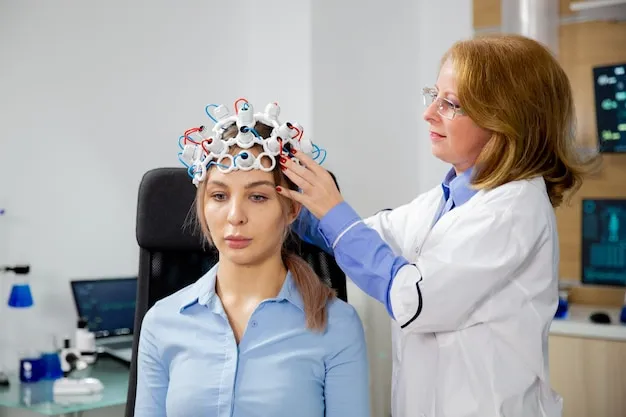Aaron Jackson
Expert Care for Your Neurological Wellbeing: The Role of Neurosurgeons in Patient Care
The intricate network of nerves, the delicate spinal cord, and the awe-inspiring brain form the foundation of our neurological system. When this system encounters disruptions, it can manifest in various neurological conditions that can significantly impact our daily lives. Neurosurgeons play a pivotal role in patient care for individuals facing these neurological challenges. They are highly trained and skilled physicians with extensive knowledge of the nervous system and the expertise to diagnose and treat a comprehensive range of conditions.
Conditions Treated by Neurosurgeons
Brain Tumors:
Brain tumors can be benign (noncancerous) or malignant (cancerous). Neurosurgeons are skilled at performing surgical procedures to remove brain tumors, minimizing complications and preserving neurological function.
Spinal Disorders:
Spinal issues like herniated discs, spinal stenosis, and degenerative disc disease can cause pain, weakness, and numbness. Neurosurgeons can perform various surgical procedures to address these conditions, relieving symptoms and improving quality of life.

Head Injuries:
Head injuries sustained from accidents or falls can have serious consequences. Neurosurgeons play a crucial role in managing these injuries, including performing surgery to remove blood clots or repair skull fractures.
Stroke:
Strokes occur when blood flow to the brain is interrupted, causing damage to brain tissue. In some cases, minimally invasive surgical procedures performed by neurosurgeons can help restore blood flow and minimize stroke damage.
Aneurysms:
Aneurysms are weak spots in blood vessels that can bulge and rupture, causing life-threatening bleeding. Neurosurgeons can perform procedures to clip or coil aneurysms, preventing rupture and potential stroke.
Epilepsy:
Epilepsy is a neurological disorder characterized by recurrent seizures. If medications fail to control seizures, neurosurgeons may recommend surgery to remove the part of the brain causing the seizures.

The Importance of Patient-Centered Neurosurgical Care
Personalized Treatment Plans:
Neurosurgeons understand that each patient's case is unique. They take the time to understand your individual medical history, symptoms, and overall health to develop a personalized treatment plan tailored to your specific needs and goals.
Shared Decision-Making:
Neurosurgeons believe in collaborative care, involving patients in the decision-making process. They thoroughly explain treatment options, potential risks and benefits, and answer any questions you may have, empowering you to make informed choices about your care.
Compassionate and Supportive Care:
Neurosurgeons recognize the emotional and psychological stress associated with neurological conditions. They provide compassionate care, addressing your concerns and offering support throughout your treatment journey.
Benefits of Seeking Expert Care from a Neurosurgeon
Advanced Surgical Expertise:
Neurosurgeons undergo rigorous training and possess specialized skills to perform intricate and delicate surgeries on the brain and spine. Their expertise ensures the highest level of surgical precision and minimizes the risk of complications.
Improved Treatment Outcomes:
Early diagnosis and prompt treatment of neurological conditions are crucial for achieving optimal outcomes. Neurosurgeons offer a comprehensive approach to care, leading to improved treatment results and a better quality of life.
Access to Advanced Technologies:
Neurosurgeons utilize cutting-edge technology in their practice, including advanced imaging techniques for diagnosis and minimally invasive surgical procedures for optimal patient outcomes.
Peace of Mind and Reduced Anxiety:
Consulting a qualified and experienced neurosurgeon provides peace of mind knowing you are receiving expert care. This can significantly reduce anxiety and emotional stress associated with neurological conditions.
Taking Charge of Your Neurological Wellbeing
If you are experiencing any signs or symptoms of a neurological condition, such as headaches, seizures, weakness, numbness, or difficulty speaking, it's essential to seek medical care as soon as possible.

 Telehealth Visits Available
Telehealth Visits Available
